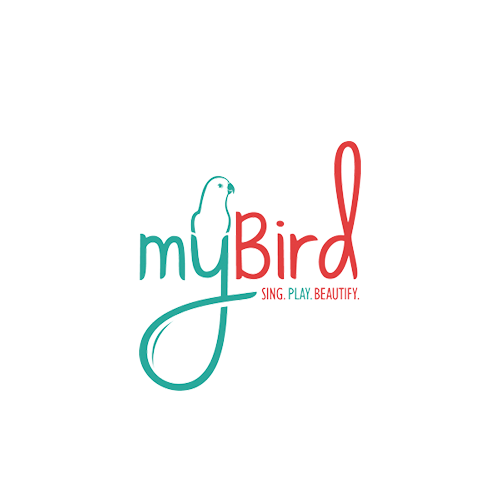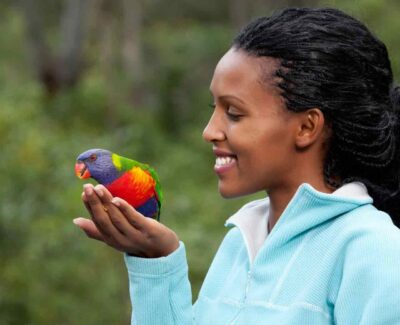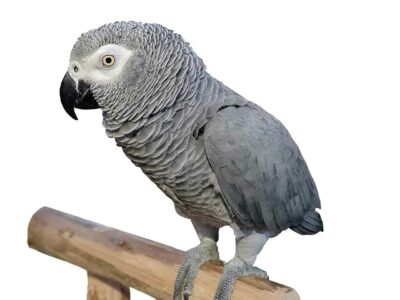
What Pet Bird Owners Should Know About Avian Flu
Over the past few years, a series of outbreaks of avian influenza—commonly known as bird flu—have made headlines across the United States, leaving many bird owners to wonder if their pets or their own health could be at risk. Although wild birds and poultry are at highest risk, it’s important for pet bird owners to understand the nature of the virus, recognize its symptoms, and implement preventative measures.
What is Bird Flu?
Bird flu refers to a viral infection caused by influenza type A viruses, primarily affecting wild birds and domestic poultry. Certain strains, such as H5N1 and the recently detected H5N9, are particularly concerning due to their rapid spread and potential to infect non-avian species, including mammals like dogs and cats. Transmission occurs through contact with infected birds, their droppings, feathers, or contaminated environments. Wild birds often act as carriers, but backyard poultry and pet birds could also be at risk, especially during significant outbreaks.
While human cases remain rare, the Centers for Disease Control and Prevention (CDC) reported 66 confirmed human cases of bird flu in the past year, with the first death recorded in Louisiana this month. The emergence of H5N9 is particularly concerning due to its potential to infect humans, as the N9 gene allows for such cross-species transmission.
Can Pet Birds Contract Avian Flu?
Pet birds are at a higher risk of contracting avian flu compared to other pets, especially if they live outdoors or come into contact with wild birds. Exposure can occur through direct contact with infected wild birds, their droppings, or contaminated feed and water. While birds kept indoors are at much lower risk, it’s crucial to ensure that their food, bedding, and enclosures do not become contaminated.
Recognizing Symptoms in Pet Birds
The symptoms of avian flu in pet birds can vary depending on the severity of the infection.
Key signs to watch for include:
Respiratory Symptoms
including coughing, nasal discharge, wheezing, or difficulty breathing
Swelling
notable swelling of the head, neck, or eyes
Behavioral Changes
lethargy, decreased activity, or unusual behavior
Loss of Appetite
a noticeable decline in interest in food or water
Diarrhea
Reduced Egg Production
a sudden decrease in egg laying in birds that normally produce eggs
Neurological Symptoms
such as lack of coordination
If you observe any of these symptoms in your pet bird, contact your avian veterinarian immediately. Early detection and treatment are critical.
Preventive Measures for Bird Owners
Here are some key steps to take in order to protect your feathered friends from avian flu:
Keep Birds Indoors
Reduce the risk of exposure by keeping your pet birds inside, especially during an outbreak.
Secure Their Environment
Ensure that outdoor aviaries or cages are covered with mesh to prevent wild birds from entering, and store bird feed in sealed containers to avoid contamination.
Maintain Hygiene
Regularly clean and disinfect bird cages, perches, and feeders using bird-safe disinfectants to prevent the spread of pathogens.
Source Feed Cautiously
Ensure that your bird food, bedding, and water are sourced from trusted suppliers in order to reduce the risk of contamination.
Monitor for Symptoms
Watch your pet bird closely for any unusual behavior or health changes. If you notice respiratory symptoms or behavioral changes, consult your avian vet as soon as possible.
If there’s an avian flu outbreak in your area, it’s important to be extra cautious with measures such as the following:
Stay Informed
Monitor local reports about outbreaks in wild birds, poultry farms, or other areas near you.
Avoid High-Risk Areas
Keep birds and other pets away from farms, wetlands, or parks where infected birds might congregate.
Consult Your Veterinarian
Contact your avian vet if you have any concerns about your bird’s exposure or health.
While the risk of avian flu to pet birds is a valid concern, particularly in light of recent outbreaks, taking proactive measures can significantly reduce this risk. By staying informed, maintaining good hygiene practices, and seeking prompt veterinary care when needed, you can help ensure the health and well-being of your feathered friends.
Seeking a qualified avian vet in your area? Check out our locator tool!





